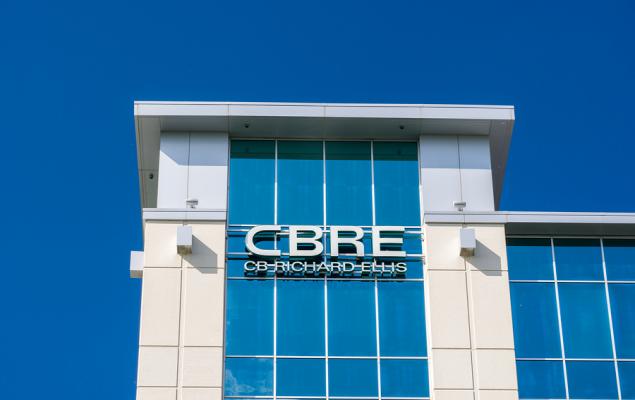M
omentous Sports, an investment outfit headed by Marley Hughes and Kyle Israel, is unveiling a $100 million fund this year focused on sports teams and the surrounding real‑estate assets. The vehicle will seek stakes in clubs and related properties, and it has already taken a lead position in Sporting Jax, the Florida soccer club that launched a women’s side this season and plans a men’s team for MLS. The project includes a new stadium, adjacent commercial and residential developments, and public sports fields.
Seed capital comes from high‑profile figures such as NFL legend John Elway, former players Tim Tebow and Blake Bortles, Chick‑fil‑A chief Andrew Cathy, and FS Investments co‑founder John Shain. Momentous Sports emerged from Magnolia Hill Partners, an Orlando‑based family office that concentrates on real‑estate deals and is run by Hughes and Shain.
Bobby Henebry, who manages Elway’s family office, explained that the partnership allows the firm to tap into the growing sports‑real‑estate niche. “Teams that own stadiums become a distinct asset class,” he said. “Owning a venue opens up multifamily, retail, commercial, and mixed‑use opportunities around it.” Henebry highlighted that the real‑estate component can generate cash flow through parking, restaurants, and community development, but cautions that each project must justify its cost and risk profile.
He stressed that sports investments vary widely. Some ventures may require short‑term losses and ongoing capital injections, while others offer significant upside. “We aim for a diversified portfolio of positions in teams with trusted partners,” Henebry added, “so we can pursue larger, programmatic opportunities over time.”
This pragmatic view contrasts with the common perception that owning a sports franchise is primarily about prestige. A single‑family office had recently declined a stake in an MLB team because the tax benefits—deducting intangible assets such as brand and sponsorships over 15 years—were only available to active owners. The GP receives all tax advantages, leaving LPs with none, which many see as a drawback.
The sports‑investment market is also a lucrative business. The Boston Celtics sold for $6.1 billion to the Grousbeck family, who had purchased the franchise for $360 million 23 years earlier. Momentous Sports plans to pursue similar deals in major U.S. markets and across Europe, leveraging the synergy between team ownership and real‑estate development to unlock value beyond the game itself.














